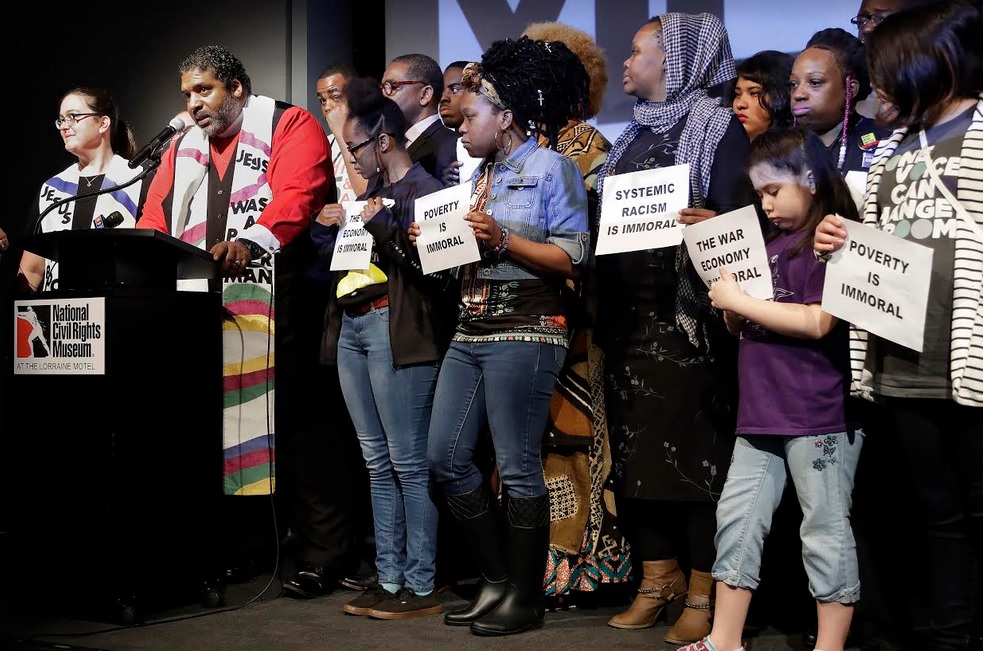In Brooklyn, Martin Luther King Jr. spoke of the American dream
Died 50 years ago today, his words remain relevant

This article was originally published on April 3, 2018.
Exactly 50 years ago today, the Rev. Martin Luther King Jr. was shot and killed on the balcony of room 306 at the Lorraine Motel in Memphis, Tennessee.
His death came one day after his final sermon, “I’ve Been to the Mountaintop,” delivered at Mason Temple, in which he describes a premonition of what was to befall him.
“Like anybody, I would like to live a long life. Longevity has its place,” King said. “But I’m not concerned about that now. I just want to do God’s will. And He’s allowed me to go up to the mountain. And I’ve looked over. And I’ve seen the Promised Land. I may not get there with you. But I want you to know tonight, that we, as a people, will get to the Promised Land!”

Brooklyn Heights
View MoreRead the Brooklyn Height's Press and Cobble Hill News. Find out more about Brooklyn Height's History here.